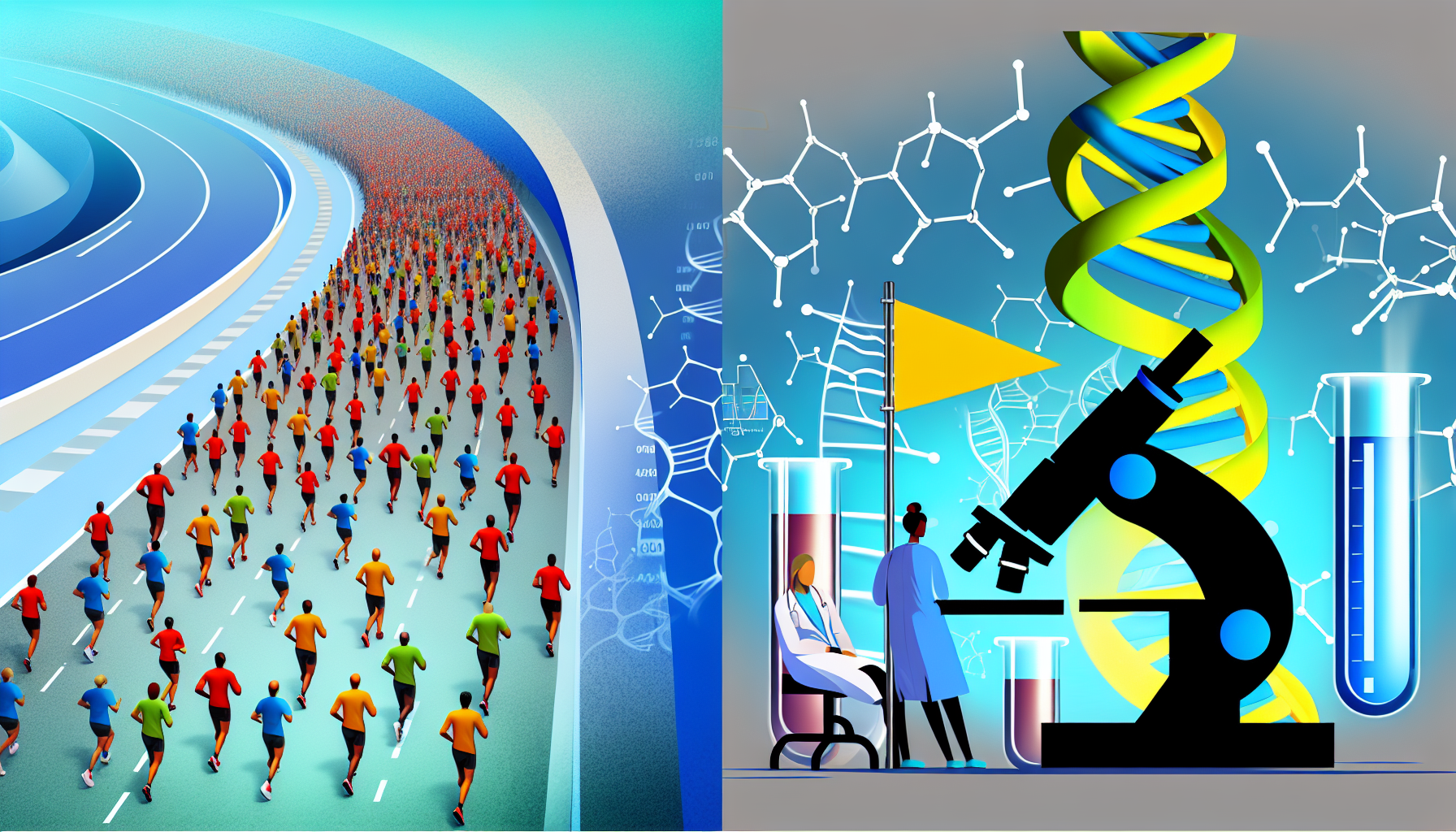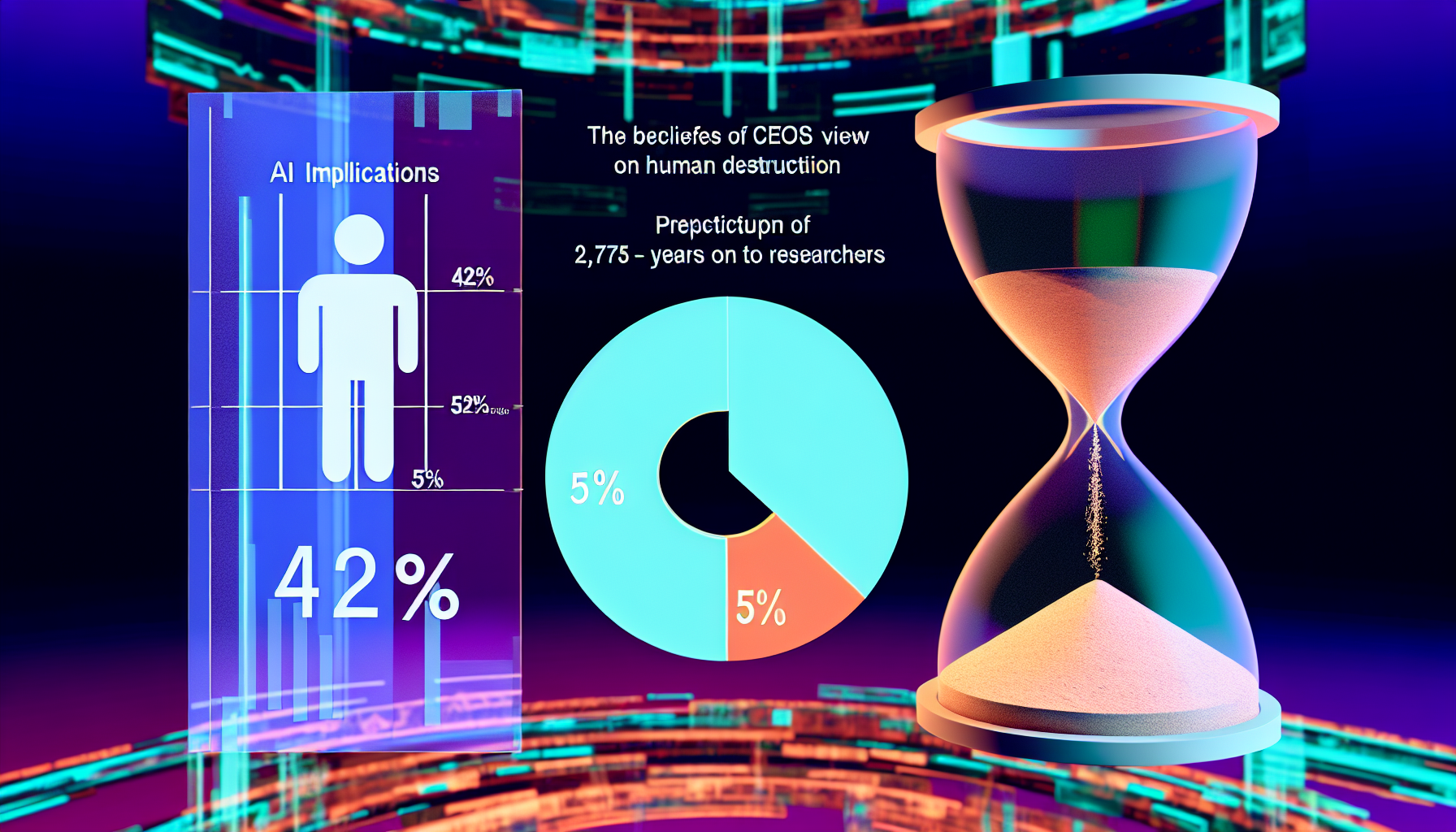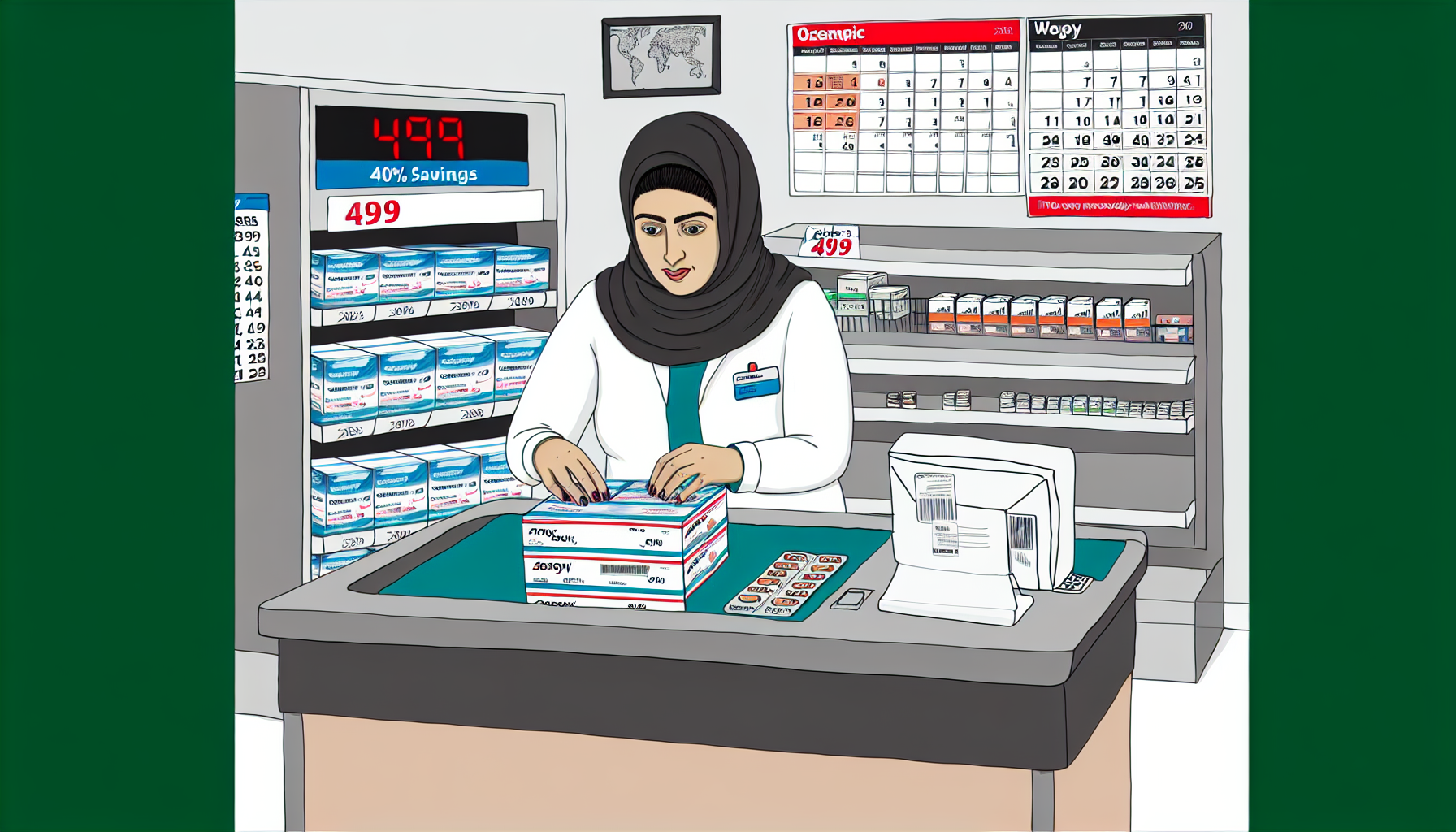A new Inova-led study presented at ASCO 2025 reports a potential association between long-distance running and colon cancer risk, finding adenomas in 41% and advanced adenomas in 15% of 100 runners aged 35–50 who underwent screening colonoscopies between October 2022 and December 2024 [1]. Investigators urged consideration of earlier screening for some endurance athletes, while external experts emphasized the preliminary nature of the findings and the need for larger, controlled studies before any guideline changes [2].
Key Takeaways
– Shows 41% of 100 runners aged 35–50 had adenomas on colonoscopy between Oct 2022–Dec 2024, with 15% harboring advanced adenomas. – Reveals stringent criteria: at least two 50 km ultramarathons or five marathons required; hereditary cancer syndromes excluded to isolate running-related colon risk. – Demonstrates 39 participants had at least one precancerous polyp; findings presented at ASCO 2025 and await peer-reviewed publication. – Indicates small 100-person sample and no control group limit certainty; experts urge caution and larger comparative studies before changing colon cancer screening. – Suggests earlier colonoscopy for some endurance runners; researchers began after observing three ultramarathoners diagnosed with stage IV colorectal cancer.
What the data say about colon cancer risk in runners
The Inova team, led by gastrointestinal oncologist Dr. Timothy Cannon, screened 100 endurance runners aged 35–50 and reported that 41 participants had adenomas and 15 had advanced adenomas—lesions considered higher risk precursors to colon cancer [1]. A separate summary from Cancer Today tallied 39 runners with at least one precancerous polyp and confirmed 15 with advanced adenomas, underscoring a notable prevalence of precancerous findings in this narrowly defined athletic cohort [3]. The screening occurred between October 2022 and December 2024, with findings first shared publicly at ASCO 2025 [1].
The project was sparked by Cannon’s clinical observation of three ultramarathoners presenting with stage IV colorectal cancer, an unusual cluster that raised the hypothesis that extreme endurance training could be linked to higher colorectal neoplasia risk [5]. While the study’s colonoscopy-based endpoints focused on adenomas and advanced adenomas—recognized precursors rather than cancers—investigators characterized the overall signal as concerning enough to merit earlier screening discussions for certain runners [1]. The data remain preliminary until peer-reviewed publication is complete [3].
Who was studied and how the screening worked
To participate, athletes had to be 35–50 years old and meet endurance thresholds: at least two 50 km ultramarathons or five 26.2-mile marathons, reflecting sustained long-distance training volumes [4]. The protocol was IRB-approved, funded by Inova Health System, and used screening colonoscopy to directly detect and remove lesions, thereby providing a high-fidelity measurement of precancerous growths [4]. Importantly, hereditary cancer syndromes and other known risk factors were excluded to better isolate the possible effect of endurance running on colorectal lesions [4].
This selection strategy sought to minimize confounders while focusing on a homogeneous endurance cohort, but it did not include a non-runner control group, limiting causal inference [4]. As a result, the observed adenoma prevalence cannot be directly compared to an otherwise matched population of non-endurance athletes or to general-population benchmarks within the study’s own design [2]. The absence of a comparator underscores the need for future controlled or matched-cohort research to quantify any incremental risk attributable specifically to long-distance running [2].
Interpreting colon cancer findings: limits and context
The study’s strengths include direct visualization via colonoscopy, a clearly defined training threshold, and the use of clinically meaningful endpoints such as advanced adenomas, which often carry higher malignant potential [1]. Still, the sample size was 100, the study was presented at a conference prior to peer review, and it lacked a control group—all factors that counsel interpretive caution [3]. These design constraints mean the findings raise a credible hypothesis but do not establish a definitive risk increase for colon cancer in endurance runners [2].
Multiple independent experts—cited in consumer health coverage of the study—warned against over-interpreting the signal, emphasizing that a small, uncontrolled cohort cannot determine causality or quantify relative risk [2]. They recommended against altering current exercise habits based solely on these preliminary data, while advocating for expanded, controlled research to verify and contextualize the observed adenoma rates [2]. The bottom line: the colonoscopy results are noteworthy, but the evidence remains insufficient to change screening guidelines at scale [3].
How these findings could shape colon cancer screening
Lead investigator Cannon suggested that endurance athletes meeting the study’s thresholds could consider earlier colonoscopy, particularly in the presence of symptoms, given the 41% adenoma and 15% advanced adenoma findings in this specific 35–50 age group [1]. The call for earlier screening is not a blanket directive but a targeted suggestion reflecting the unusually high prevalence of precancerous lesions detected within a relatively young athletic cohort [1]. Any widespread shift in screening age or frequency would require replicated evidence from larger, controlled studies [3].
Practical interim advice from external experts centers on vigilance: runners should seek evaluation if they notice warning signs such as bloody stools, unexplained changes in bowel habits, or persistent abdominal discomfort—symptoms that warrant medical attention in any population [2]. Discussions with clinicians can help endurance athletes weigh personal and family histories, training volume, and individual risk tolerance when considering whether to pursue screening before standard ages [2]. Such personalized decision-making aligns with the study’s suggestion of earlier, case-by-case colonoscopy rather than across-the-board guideline changes [1].
What runners should and should not do now
While the study signals a potential risk, experts featured in coverage explicitly advised that runners should not stop exercising based on these early data [2]. Exercise confers wide-ranging cardiovascular and metabolic benefits, and the current evidence does not justify abandoning training; rather, it supports informed conversations about screening among those logging high-mileage or ultramarathon-level efforts [2]. For runners in the 35–50 range who meet the study’s endurance criteria, one reasonable step is to discuss optional earlier colonoscopy with a healthcare provider, especially if any symptoms are present [1].
Because hereditary syndromes and other risk factors were excluded from enrollment, the Inova protocol aimed to isolate running-related effects, but that also means the findings apply most directly to athletes without those additional risks [4]. Runners with family histories of colorectal or colon cancer, or with inflammatory bowel disease, should follow medical advice specific to those conditions, which may already call for earlier or more frequent screening independent of athletic status [2]. Staying alert to symptoms and keeping routine preventive care appointments remain essential [2].
What comes next for research and colon cancer risk assessment
Independent observers and the study team agree on next steps: larger, controlled, and ideally multi-center investigations that compare endurance runners with matched non-runners are needed to determine any relative risk and to estimate effect sizes with precision [3]. Such trials should prospectively track colonoscopy outcomes and ultimately evaluate incident colon cancer, not only adenomas, to capture clinically decisive endpoints and clarify causality [3]. Until then, the Inova results should be treated as an important signal, not a settled conclusion [5].
Cannon’s initial observation of three ultramarathoners with stage IV colorectal cancer underscores why a more rigorous research agenda matters now, particularly as participation in marathons and ultramarathons continues to grow globally [5]. Replication in larger samples and publication in peer-reviewed journals will be crucial for translating this signal into evidence that could inform screening recommendations for endurance athletes [3]. For now, the message is measured: remain active, remain vigilant, and consider a proactive conversation with your clinician if you meet the endurance thresholds described in the study [2].
Why methodology matters when discussing colon cancer
Methodology shapes interpretation. Colonoscopy offers direct detection and removal of adenomas, a gold-standard approach for precancerous lesions, but it’s a snapshot in time and sensitive to who gets screened [1]. The Inova trial’s exclusion of hereditary syndromes reduced confounding, yet without a comparison group, it cannot quantify how much—if at all—endurance running boosts colon cancer precursor prevalence versus similar non-runners [4]. That’s why methodologically robust comparative designs will be pivotal to determining risk differences attributable specifically to long-distance running [3].
Moreover, presenting results at ASCO ensures visibility among oncologists and clinical researchers, but it also signals that these data are early and subject to revision in the peer-review process [3]. The combination of an intriguing high adenoma prevalence (41%) and advanced adenoma rate (15%) with acknowledged design limitations explains the dual message emerging from experts: awareness is warranted; overreaction is not [1].
Sources:
[1] Inova Newsroom – Groundbreaking Inova study finds potential link between long-distance running and colon cancer: www.inovanewsroom.org/press-release/2025/08/groundbreaking-inova-study-finds-potential-link-between-long-distance-running-and-colon-cancer/” target=”_blank” rel=”nofollow noopener noreferrer”>https://www.inovanewsroom.org/press-release/2025/08/groundbreaking-inova-study-finds-potential-link-between-long-distance-running-and-colon-cancer/
[2] Health.com – Marathon Runners Face Unexpected Colon Cancer Risk, New Study Suggests: www.health.com/is-marathon-running-linked-to-colon-cancer-11798631″ target=”_blank” rel=”nofollow noopener noreferrer”>https://www.health.com/is-marathon-running-linked-to-colon-cancer-11798631 [3] Cancer Today – August 22: The Week in Cancer News: https://www.cancertodaymag.org/cancer-talk/august-22-the-week-in-cancer-news/
[4] Inova (clinical trials) – Ultramarathon/Endurance Athlete Colorectal Cancer Study: www.inova.org/clinical-trials/ultramarathon-endurance-athlete-colorectal-cancer-study” target=”_blank” rel=”nofollow noopener noreferrer”>https://www.inova.org/clinical-trials/ultramarathon-endurance-athlete-colorectal-cancer-study [5] RTTNews – Ultramarathon Running May Raise Risk Of Colon Cancer, Study Finds: www.rttnews.com/3567790/ultramarathon-running-may-raise-risk-of-colon-cancer-study-finds.aspx” target=”_blank” rel=”nofollow noopener noreferrer”>https://www.rttnews.com/3567790/ultramarathon-running-may-raise-risk-of-colon-cancer-study-finds.aspx
Image generated by DALL-E 3











Leave a Reply